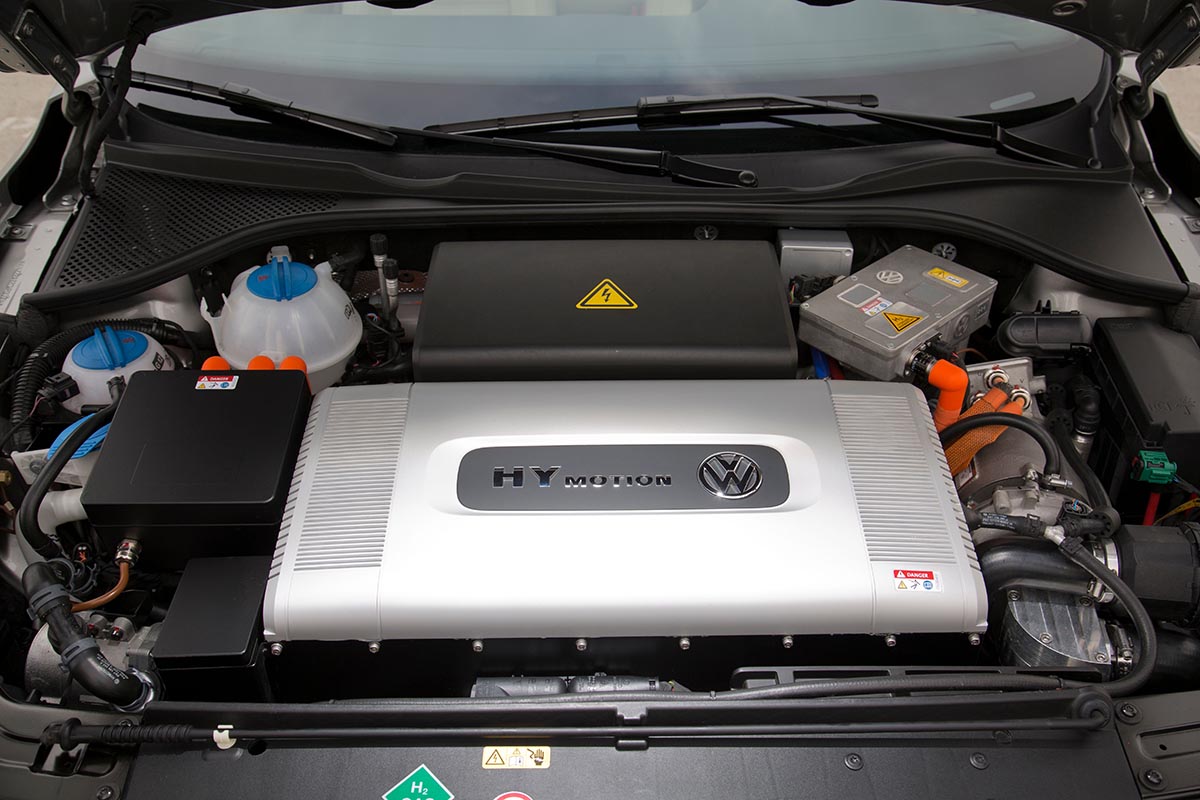Controversy over other types of automotive powertrains also continues, and several companies have different opinions on whether or not they should develop FCVs rather than BEVs. While the world’s leading automakers have come forward to assert their position, Volkswagen, for example, in its latest statement, has offered a categorical refusal to the use of hydrogen for passenger cars in the foreseeable future. This statement also has implications for the potential direction of new products the company might bring to market and the overall roadmap for the auto industry in its transition to electric vehicles.
Statement from Volkswagen CTO: Tesla (and Elon Musk) are worried about this
In a recent interview with the electric vehicle news site Edison, Grünitz, the technical director of the Volkswagen brand, was informed by the agent that hydrogen “will not become a reality in the private mobility. ” He added that the VW brand “will only rely on battery electric systems in the future” because “at VW we can live wonderfully well with electric batteries.”
These comments imply that Volkswagen has no plans to invest in perfecting hydrogen fuel cell technology for its electric vehicles. Grünitz’s comment highlights the company’s focus on battery electric vehicles as the main area of electrification for the future. His statement denies the likelihood of hydrogen fuel cells in the private mobility segment, implying that there is no reason or significant gain for Volkswagen to invest more in this technology for its cars, primarily aimed at the middle and low end of the market.
Contrasting views from other car manufacturers: Volkswagen wants to change everything
In this regard, Mr. Grünitz has a different attitude from other automakers, including BMW CEO Oliver Zipse, who previously said it would be “dangerous” for all vehicles to become electric. Hydrogen cars will soon become the “coolest”. However, Volkswagen appears to be aligning itself with companies like General Motors.
The company abandoned hydrogen electric models in 2020 and, more recently, Stellantis, which refused the technology. This divide shows the differences in investment in different technologies by different automakers, with some focusing more on these types of propulsion.
Efficiency and cost considerations: Why Tesla has reason to worry, and so does America
From a consideration perspective, the use of hydrogen seems to have some drawbacks and higher costs in the case of FCVs than in the case of BEVs. Compared to the possibility of plugging in and running on electricity, the conversion of electricity to hydrogen and vice versa in the FCV is less efficient. This results in higher operating costs for FCVs.
Second, hydrogen is scarce, and its production and distribution are difficult, which gives another reason for the archaic appearance of private and commercial vehicles to the untrained eye when it comes to fuel choice.
While the future of automotive propulsion technologies remains uncertain and various companies are exploring different options, Volkswagen’s position is clear: among all the details described in the situation, the company does not consider hydrogen as a serious concept for passenger cars.
Nevertheless, Volkswagen has continued to increasingly outline its vision, stating that its future depends on battery electric vehicles as its main product. This fits well with the current trend in the automotive production market, which is focusing on sales of electric cars. But this nuance remains, and other automotive manufacturers may continue to look for usable hydrogen depending on the conditions or type of cars, for example, trucks or cars intended for intensive use, for example, for transporters, etc.
With advancements in hydrogen technology and the growth of infrastructure and investment in this context, the hydrogen economy could change in response and become even more suitable for the use of private mobility. However, this is not the reality today, as Volkswagen is already moving at high speed towards the use of battery electric vehicles in the short to medium term.


